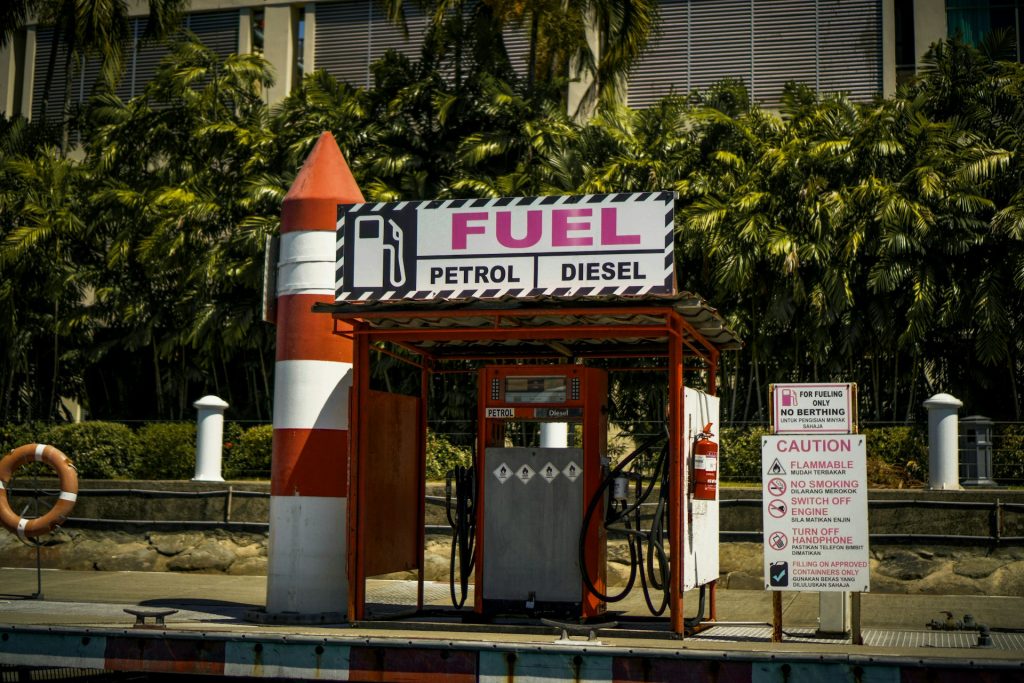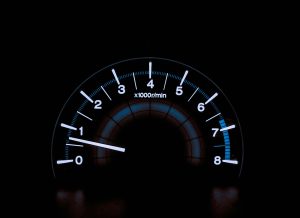Choosing the Right Fuel: Regular vs. Super Unleaded Explained

For many motorists in India and around the world, the choice at the petrol pump often comes down to two options: the standard premium-grade petrol or the more expensive super unleaded. The difference in price naturally raises a question: does opting for super unleaded actually deliver better performance for your car, or is it simply an unnecessary expense?
Understanding Octane Ratings
The main distinction between regular and super unleaded fuel lies in their octane rating, often displayed as the Research Octane Number (RON). Octane rating is a measure of a fuel’s resistance to knocking, which is an unwanted and potentially damaging detonation in the engine. In a petrol engine, fuel mixes with air and is compressed before being ignited by a spark. Ideally, this ignition happens in a controlled manner. However, if the fuel mixture is compressed too much, it can ignite prematurely in different parts of the combustion chamber, causing knocking.
This knocking not only produces a distinctive sound, often compared to marbles rattling in a tin, but it can also harm the engine if it happens regularly. Higher octane fuels are more resistant to such early ignitions, making them better suited to engines that operate at higher pressures.
Why Engine Design Matters
Performance in petrol engines can be boosted by increasing the compression ratio or by using turbochargers. Both methods elevate the pressure in the combustion chamber, raising the likelihood of knocking if the right fuel is not used. Modern engines, however, are equipped with advanced knock sensors and electronic management systems that can detect and counteract knocking. These systems either adjust the timing of ignition or limit the boost, ensuring the engine operates smoothly.
Decades ago, engineers had to be extremely cautious with engine designs, especially when turbocharging was introduced. In the early 1980s, Saab introduced Automatic Performance Control (APC), which used a sensor to monitor engine noise and adjust performance accordingly. Today’s technologies are even more sophisticated, using rapid processors and predictive algorithms to keep knocking at bay.
When Should You Use Super Unleaded?
Given these advancements, is there a real need for most drivers to pay extra for super unleaded? In most cases, the answer is no. Unless your vehicle’s manufacturer specifically recommends or requires high-octane fuel due to a high-performance engine, using super unleaded will not deliver noticeable benefits. For standard vehicles, there is no risk of damage when using regular premium petrol, as long as it meets the required minimum octane rating.
The difference in octane between premium and super unleaded fuel at most filling stations in the UK and other countries is usually just two points, such as 97 versus 99. For everyday cars, this small difference does not impact engine health or performance. However, engineers who develop and test high-performance engines often do so with the highest-octane fuel available, which is why some sports cars and luxury vehicles specify the use of super unleaded in their manuals.
The Bottom Line for Drivers
In summary, unless you drive a high-performance vehicle or your car’s handbook insists on super unleaded, there is no technical reason to spend extra money on higher-octane fuel. Using fuel with a higher octane than your engine requires is safe, but it won’t unlock any hidden power or efficiency. Instead, your decision at the pump should be guided by your vehicle’s specifications and your own budget.




